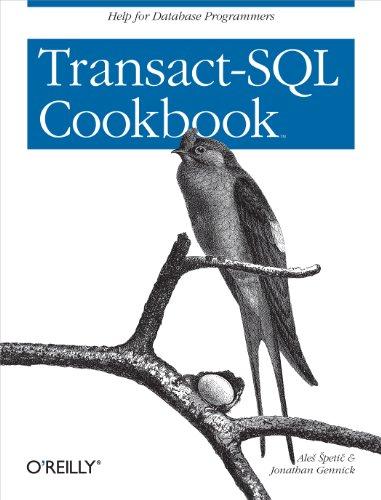Question
C++ TEMPLATES MAKE, MAIN.cpp, LLIST.H AND LLIST.CPP ALL GIVEN BELOW Please do the following: Code provided below. Template the LList class. Include template < >
C++ TEMPLATES
MAKE, MAIN.cpp, LLIST.H AND LLIST.CPP ALL GIVEN BELOW
Please do the following: Code provided below.
Template the LList class. Include template < > tags wherever the class is mentioned. Since there is only one generic type - convention the name is T (instead of FirstType, SecondType).
Fix the inner classes Item. Item is setup to store an int variable.
Change approriate mentions of int to T. References to inner classes need to be changed as well - remember that they are now templated.
Copy the contents from llist.cpp into the bottom of llist.h, and fix these functions.
Make and run the program using make. It should produce the following output without valgrind errors:
HEADER FILE:
class LList{ private: struct Item { Item(const int& v, Item* p, Item* n); int val; Item *prev; Item *next; };
public: LList(); LList(const LList& other); LList& operator=(const LList& other); ~LList();
int size() const; bool empty() const; void push_back(const int& val); int& get(int pos); void clear();
private: Item* getNodeAt(int pos) const;
Item* mHead; Item* mTail; int mSize; };
CPP FILE:
#include "llist.h" LList::Item::Item(const int& v, Item* p, Item* n) : val(v), prev(p), next(n) { }
LList::LList() { mHead = new Item(int(), nullptr, nullptr); mTail = mHead; mSize = 0; }
LList::LList(const LList& other) { mHead = new Item(int(), nullptr, nullptr); mTail = mHead; mSize = 0; Item* temp = other.mHead; while(temp != other.mTail){ push_back(temp->val); temp = temp->next; } }
LList& LList::operator=(const LList& other) { if(this == &other){ return *this; } clear(); Item* temp = other.mHead; while(temp != other.mTail){ push_back(temp->val); temp = temp->next; } return *this; }
LList::~LList() { clear(); delete mHead; }
int LList::size() const { return mSize; }
bool LList::empty() const { return mSize == 0; }
void LList::push_back(const int& val) { Item* n = new Item (val, mTail->prev, mTail); if(mHead == mTail){ mHead = n; } else { mTail->prev->next = n; } mTail->prev = n; ++mSize; }
int& LList::get(int loc) { Item *temp = getNodeAt(loc); return temp->val; }
void LList::clear() { while(mHead != mTail) { Item *temp = mHead->next; delete mHead; mHead = temp; } mSize = 0; }
typename LList::Item* LList::getNodeAt(int loc) const { if(loc >= 0 && loc < mSize){ Item *temp = mHead; while(loc > 0){ temp = temp->next; loc--; } return temp; } else { return nullptr; } }
MAIN FILE:
#include
struct Pokemon { int id; std::string name;
Pokemon() : id(0), name("") { }
Pokemon(int i, std::string n) : id(i), name(n) { } };
int main() { LList
pokedex.push_back(Pokemon(1, "Bulbasaur")); pokedex.push_back(Pokemon(4, "Charmander")); pokedex.push_back(Pokemon(7, "Squirtle"));
for (int i = 0; i < pokedex.size(); i++) { std::cout << pokedex.get(i).id << " " << pokedex.get(i).name << std::endl; }
pokedex.clear();
pokedex.push_back(Pokemon(144, "Articuno")); pokedex.push_back(Pokemon(145, "Zapdos")); pokedex.push_back(Pokemon(146, "Moltres"));
for (int i = 0; i < pokedex.size(); i++) { std::cout << pokedex.get(i).id << " " << pokedex.get(i).name << std::endl; } return 0; }
MAKEFILE:
all: pokedex
pokedex: main.cpp llist.h
g++ -g -Wall -std=c++11 main.cpp -o pokedex
valgrind --leak-check=yes ./pokedex
Step by Step Solution
There are 3 Steps involved in it
Step: 1

Get Instant Access to Expert-Tailored Solutions
See step-by-step solutions with expert insights and AI powered tools for academic success
Step: 2

Step: 3

Ace Your Homework with AI
Get the answers you need in no time with our AI-driven, step-by-step assistance
Get Started


